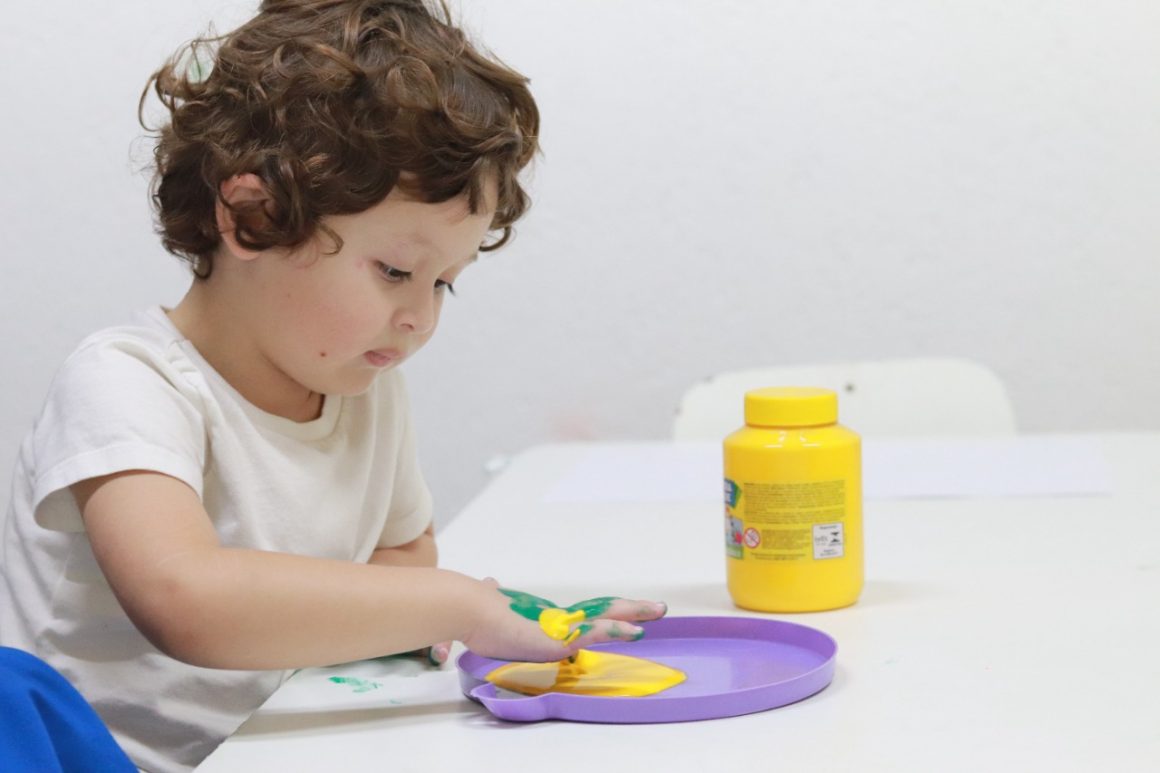The advance of the COVID-19 pandemic has created a new scenario of exclusion and invisibility for people with disabilities, leaving a large portion of this population in need of assistance, resources, accessibility, or medical monitoring and rehabilitation. Despite the fundamental right to health, education, and access to society’s resources for persons with disabilities, as established by the Convention adopted by the United Nations (UN) in 2006, there is a lack of priority care available for this vulnerable population, especially now amidst the current global health crisis and the subsequent social isolation.
Disability refers to mobility, hearing, visual, and language difficulties and developmental delays that affect a person’s behavior, emotional expression, and learning abilities. It includes mild to severe impairments. It can be biological or acquired, meaning a child can be born with a condition or develop it as a result of illness, abuse or injury.
Before the onset of the COVID-19 pandemic, children and adolescents with disabilities were already among the most disadvantaged, facing increased exposure to abuse and discrimination and reduced access to services in many parts of the world. It is critical to understand these preexisting vulnerabilities to shed light on where targeted interventions may be needed to protect the vulnerable. Understanding these risks and assessing the socio-economic impact of the pandemic is essential to shaping a response that takes into account the needs of all children.
According to UNICEF, at least 93 million children live with some form of disability around the world. In Latin America, 8 million children under 14 years old have a disability, 7 out of 10 of them are not attending school, and at least 50,000 are living in specialized institutions. A child’s condition should not be analyzed in isolation, but in the context of the family and socioeconomic environment. Children under the age of 5 in developing countries are exposed to multiple risks, including poverty, malnutrition, poor health, and discouraging home environments, which can impair cognitive, motor, and socio-emotional development. Studies have found that children with disabilities are less likely to attend school, are more likely to experience limited opportunities for human capital formation, and thus face reduced employment opportunities in adulthood.
Therefore, wider systemic change is necessary to remove barriers, provide reasonable accommodation and support services to ensure that children with disabilities are not excluded from educational, social, and cultural opportunities.
In response to these issues during the Covid-19 crisis period, UNICEF released the report Children with Disabilities: Ensuring their inclusion in COVID-19 response strategies and evidence generation. According to the report, existing data is essential for identifying the vulnerabilities that make children with disabilities more likely to experience adverse outcomes in times of crisis.
Since the beginning of the pandemic, governments have struggled to meet unprecedented demands. Interruptions in services, ranging from education to child protection, have been documented, with disproportionate effects on the most vulnerable children and families. In many cases, governments have responded creatively and adapted services to meet critical needs. Documenting these disruptions throughout the pandemic period and proposing mitigation measures is critical to highlighting the emergency actions and long-term interventions that must be implemented to ensure the safety and well-being of all children.
In the educational field, which has long been facing problems to implement an inclusive, non-segregated system, the damages for students with disabilities enrolled in remote education include issues which range from lack of access to specialized learning technologies to the loss of everyday interaction and routine. In addition to the socioeconomic vulnerability and the difficulties in accessing the Internet and digital devices for many of these students, it is important to emphasize the difficulties of technological accessibility and even the lack of training of special education professionals in dealing with digital platforms in an interactive way.
According to the United Nations Educational, Scientific and Cultural Organization (UNESCO), students with disabilities are 2.5 times more likely to have never attended school even before the arrival of the new coronavirus. Thus, during the height of the pandemic more than 1 billion children were out of school.
Research and data collection are essential to draw attention to the experiences of children with disabilities during the pandemic, to advocate for a range of services that will be available now and in the future, and to inform the design of specific interventions. Much has been learned already in that regard, but much more remains unknown. Children and adolescents with disabilities tend to remain invisible in data collection efforts unless specific measures are put in place to make those efforts even more effective. Using inclusive approaches in preventing, preparing for, and responding to public health crises is the duty of every responsible government.



